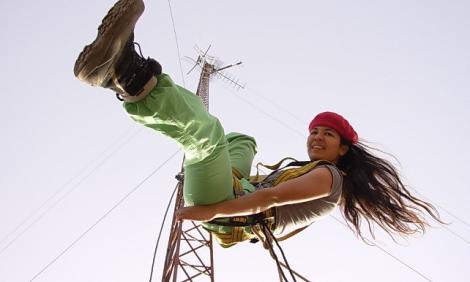
Feminist talk
Building digital technologies
Why are there less women in technology or ICTs? The participation of women in building technologies is a complex and difficult issue to address. It ranges from the field of public policy to cultural and social practices that do not facilitate the inclusion of women in this field of knowledge and appropriation of technologies with a gender perspective. This article addresses the problems that…
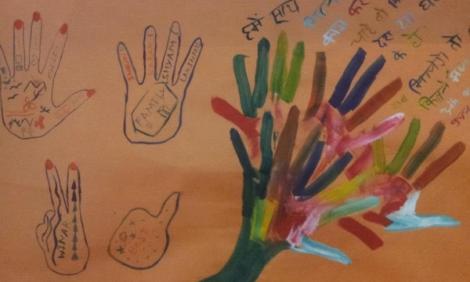
Feminist talk
Intersectional barriers to internet access: Gender and disability
No group of individuals has been as severely restricted, with respect to their reproductive rights, as women with disabilities. Located overwhelmingly in the global South, where most disabled people live, women with disabilities encounter levels of multidimensional discrimination that are unparalleled by other groups in the world.
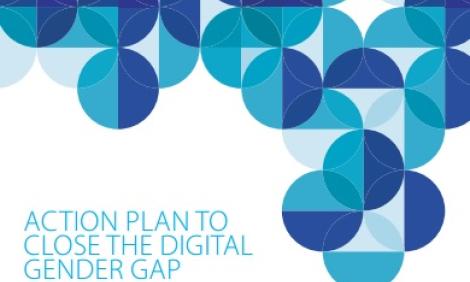
Publication
Action plan to close the digital gender gap
This Action Plan sets out the framework for critical actions to foster and accelerate inclusive and sustainable development by closing the digital gender gap and harness the transformative potential of ICTs for women’s empowerment.
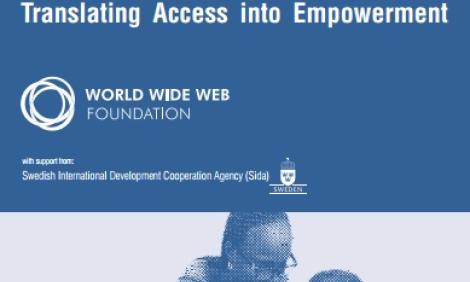
Publication
Women's rights online: Translating access into empowerment
New research by the Web Foundation shows that the dramatic spread of mobile phones is not enough to get women online, or to achieve empowerment of women through technology. The study, based on a survey of thousands of poor urban men and women across nine developing countries, found that while nearly all women and men own a phone, women are still nearly 50% less likely to access the internet than…
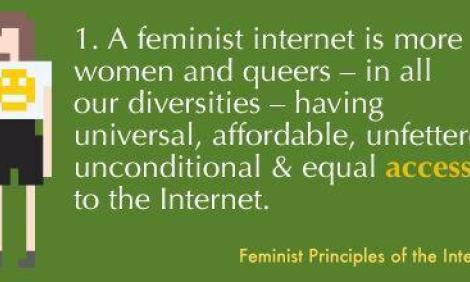
In depth
#Unboxing Gender- Stockholm Internet Forum pre-event: Gender and access
A gender digital divide has been recognised since the 1990s. It's old news that there are gaps when it comes to women being able to easily, safely and affordably access technology. There are statistics, research evidence and anecdotal stories that support this. Although some efforts have been made to address this access gap, there is still a persistent and evident gender digital divide.
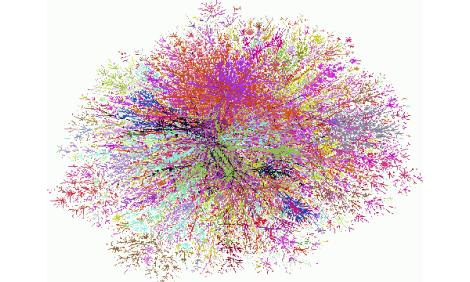
In depth
Trusting our net
Shawna Finnegan and Emilar Vushe, who are the part of the Association for Progressive Communication's policy programme, engage in a conversation about their highlights of this year's Internet Governance Forum (IGF). They speak about the value of the IGF as well as barriers to access it, national and regional initiatives, and some of the biggest internet governance issues right now, such as…
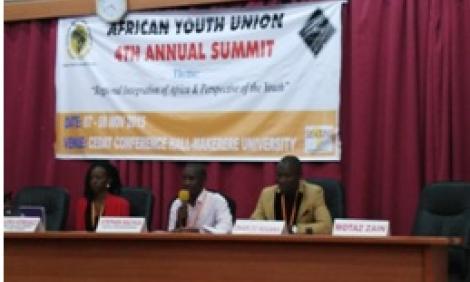
Feminist talk
What does internet policy mean for the average Ugandan?
The word “internet” is not well understood in its full and wholesome context by a size-able number of Ugandans and perhaps the majority. Smart phone usage has grown tremendously and with it the gospel of this thing called the internet. Of course with smart phones come the popularisation of social media and the applications that simplify internet use and access. It would seem that internet…
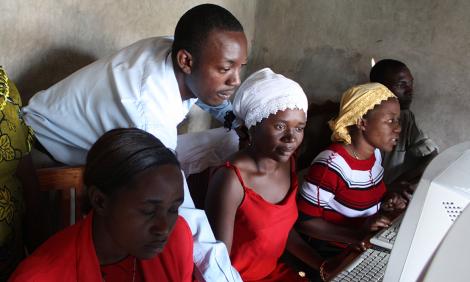
Feminist talk
Uganda urgently needs to prioritise gender equality online
Ahead of the launch of our Women’s Rights Online research, this series of guest blogs features on-the-ground perspectives from each of our research partners around the world. In this post, Irene Murungi, Gender Policy Officer at Women of Uganda Network (WOUGNET), talks about why it’s important to get more Ugandan women online and involved in internet policy debates.
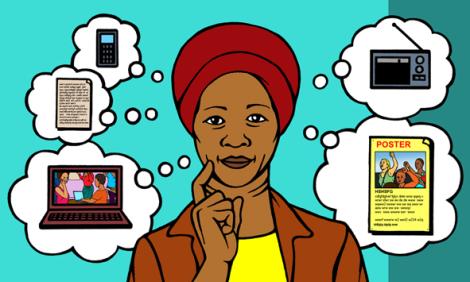
Feminist talk
Women in Africa and expression on the internet
We all have an interesting relationship with the internet. In many ways, our current relationships with the internet are indicators of the socio-cultural, economic and political contexts that we live and work in. For many women in the east and southern parts of Africa, our relations with the internet are deeply classed, with women living in urban and semi-urban areas having easier and more access…
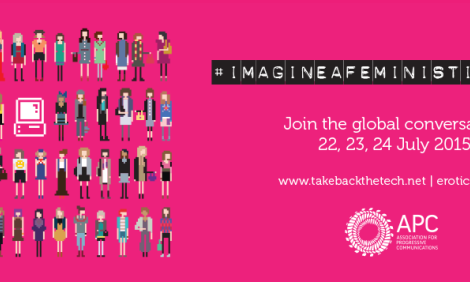
Feminist talk
Imagine a Feminist Internet: The conversation is on!
This year, a group of 45 activists, researchers, academics and techies are meeting again in Malaysia to deepen the discussion around feminism and technology. They will be tweeting on #imagineafeministinternet and we invite you to participate in the conversation by engaging with the hashtag and following @takebackthetech.




